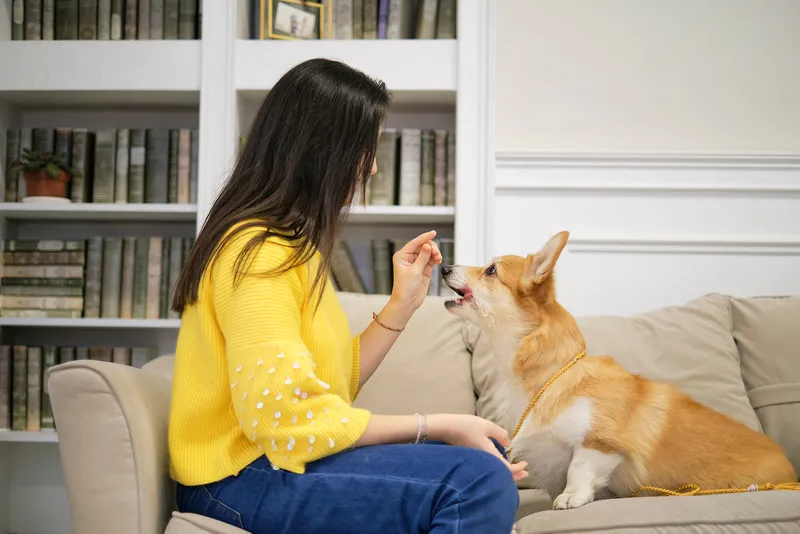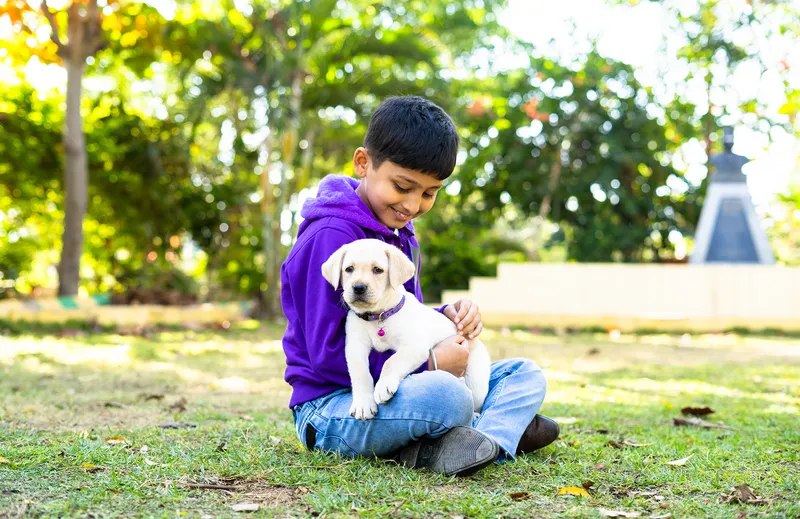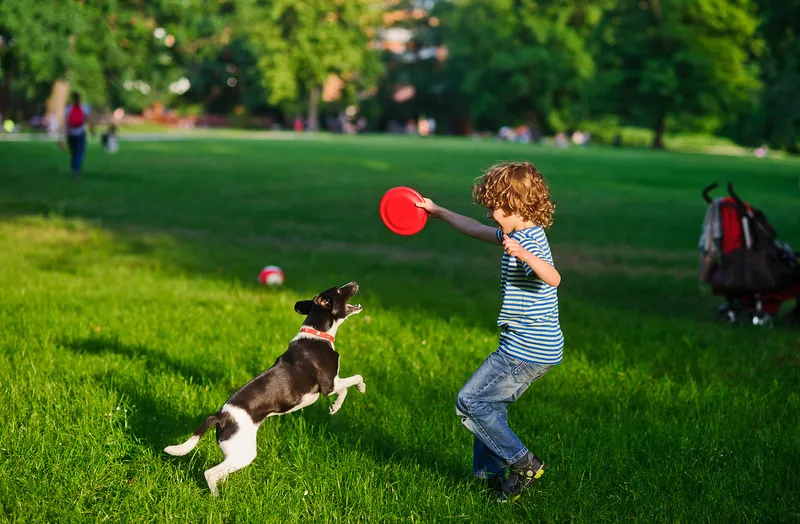Why millennials and Gen Z are choosing to raise pets over children
Pandemic-led loneliness, the need for companionship and unconditional love, and changing lifestyles, priorities, and notions of parenthood are some of the reasons why the younger generation prefers to raise pets over children.
Meghna Saraf’s world came crashing down two years ago when her husband walked out of their decade-long marriage. As someone who didn’t have too many friends or a career to lean on, her partner’s decision led her to hit rock bottom.
Saraf yearned for companionship but didn’t know where to look for support. Constant anxiety took a toll on her mental health, eventually leading to many sleepless nights. On the insistence of her therapist and a few close cousins, she adopted a dog.
Since then, Saraf has felt fulfilled.
“I can’t express in words what bringing Patty (her dog) home has done to my life. Initially, I was reluctant to adopt a pet but the unconditional love I’ve received over the last two years is so pure,” says 37-year-old Saraf, who lives in Bengaluru.

Image source: Shutterstock
“I feel more confident now and have been able to bounce back from all the misery, only because of the support of my furry baby,” she adds.
Like Saraf, many millennials and Gen Z are today taking the lead in raising pets instead of children.
According to a survey of 500 Indians with pets–conducted by online platform for pet care needs, Supertails–among first-time pet parents, almost 50% were GenZ, followed by millennials (44%), in the last two years (between 2021 and 2023).
A global survey conducted by USA Today and OnePoll in 2023 says 67% of respondents aged between 18 and 26 chose to get a dog instead of having a child.
While pandemic-induced loneliness is one of the reasons for this growing trend, there are also several other motivations for the younger generation to raise pets instead of children.
Choosing a non-traditional lifestyle
The urban youth today are increasingly unwilling to bow down to societal pressures of marriage and traditional ideas of parenthood.
With the realisation that being a parent to children is no longer a milestone, people have begun to understand that they can make a choice, says Akanksha Singh Chandele, a trauma-informed counselling psychologist and the founder of I Am Wellbeing—a Noida-based organisation dedicated to trauma healing and prevention.
“There’s a certain understanding of what it takes to be a parent and raise a child. Today, people are able to assess whether they want to have a child or not, and to have boundaries wherever necessary,” she adds.
Tulika Mehta, a marketing professional from Mumbai, is of the view that there has been a dramatic shift in how people call themselves–from “pet owners” then to “pet parents” now.
Mehta, whose parents are animal lovers, has grown up around a dog ever since she was eight years old.
“I have been brought up around many furry companions. However, I see how my generation is more invested in being parents to pets than the previous generation. They treat them like babies and give them all the time and attention despite having busy schedules,” says the 28-year-old.
Mehta has also made it clear to her partner of two years that she will adopt a dog if the couple plans to get into a live-in relationship. A child is nowhere on the horizon even if they choose to get married, as the responsibility to nurture a child is much more than what’s required to raise a pet, according to her.
This trend reflects the broader shift towards personal fulfilment and the flexible, non-traditional lifestyles that millennials and Gen Z are opting for.

Image source: Shutterstock
Ruchi Ruuh, an independent counselling psychologist based in Delhi, says the younger generation is increasingly adopting pets than having children due to economic, lifestyle, and personal factors.
“Pets also provide emotional support and improve mental health, whereas raising a child brings more complex issues in life,” she adds. “Cultural shift also plays a role as younger people view pets as part of their family and are redefining traditional norms of parenthood.”
Self-healing is priority
While there is still some stigma associated with not having children, there is also greater awareness today about how an individual’s childhood experiences can impact the decision to have children or not.
“Where people are in their mental health journey also has a role to play. Many are choosing to break the cycle of intergenerational trauma by focusing on their healing journey,” says Preeta Ganguli, a trauma-informed holistic psychotherapist based in Gurugram.
The idea to nurture and care for someone can be healing and therapeutic, and that someone doesn’t have to be a child, points out Chandele.
“With greater access to therapy, more people are healing their inner child. When we are re-parenting that part of us, parenting an animal or taking care of plants, or even nurturing other things in our life can help. We don’t necessarily have to heal through raising a child.”
Akash Dubey, a call centre professional in Kolkata, comes from a family where the members don’t get along with each other. As a child, he says he didn’t get much affection from his parents; the trauma of this shows up in his relationships in adulthood.
While he wants to get married and have a family, he doesn’t have the heart to inflict damage on another person since he feels he has a long way to heal.
“I may eventually take a step and get married or have children in the future. Right now, I have consciously decided to focus on how well I can heal. It isn’t easy, but thankfully I have Shifu, my beagle, by my side. I pamper him like a baby, and he has been my best friend since I got him three years ago,” says Dubey.

Image source: Shutterstock
Raising children around pets
While there is an increasing number of people who prefer raising pets over children, there’s also a section of people who advocate raising children around pets.
Creative entrepreneur Shilpa Sharma–the founder of immersive travel company Breakaway and the co-founder of lifestyle brand Jaypore and Mustard restaurant–is a pet parent to an indie named Siya.
She may not be a millennial or Gen Z but as someone who has been a pet parent for a long time, she urges every family to experience the love of an animal in their lives.
“It especially changes the outlook of children at a young age, making them far more compassionate and kind humans. These are not lessons one learns in the classroom,” she reiterates.
Sharma brought home her first dog Woodsie when her son Tanay was 10 years old. She says her decision to be a pet parent has made her life wholesome.
“There’s a certain approach we have towards animals on the street, which changes dramatically the moment you adopt one. We become gentler and begin to understand that they are also living beings who are entitled to love, care and affection,” she says.
Are you a millennial or a Gen Z pet parent? Tell us more about your experiences!
Edited by Swetha Kannan







